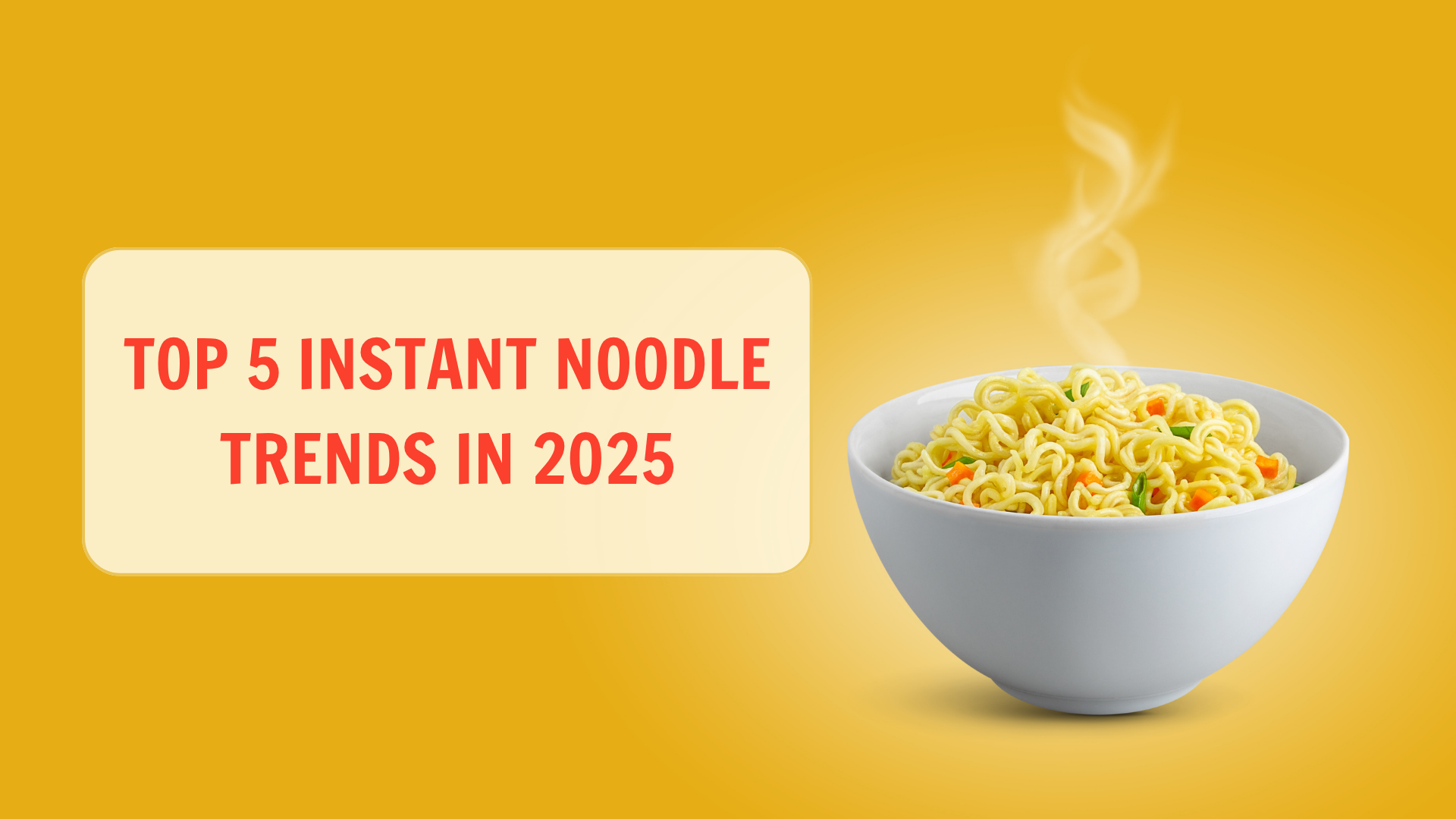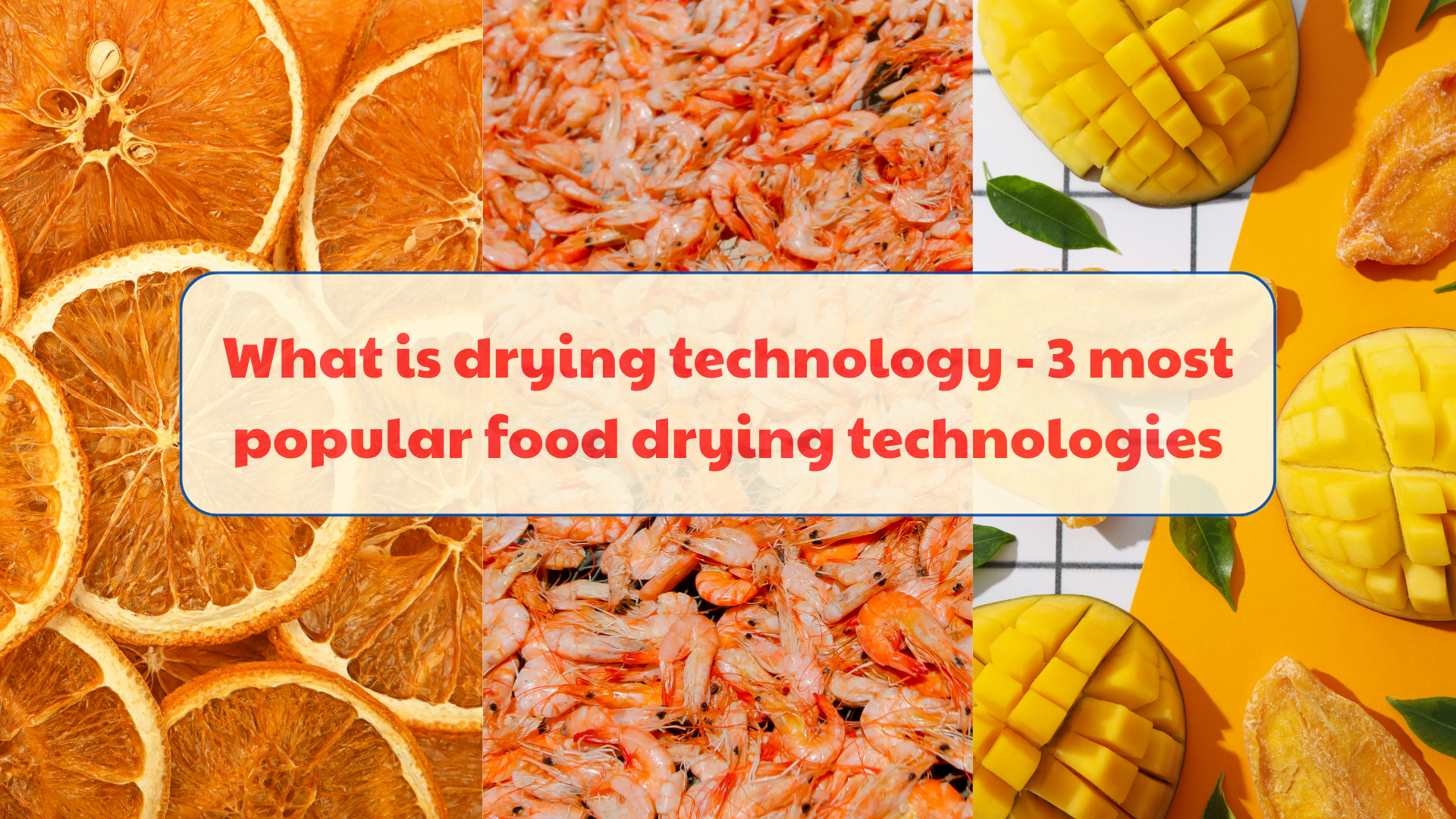In today’s context, brands are increasingly focusing on product development and marketing strategies. As a result, OEM production models have become a top choice for optimizing costs and accelerating the time-to-market for new products, thereby scaling operations. So, what is OEM, and what advantages does this solution offer to businesses? Let’s explore this in the article below.
1. What is OEM?
OEM stands for Original Equipment Manufacturer, referring to companies that produce products or components based on the specifications and requirements provided by a partner, which are then sold under the partner’s brand.
OEM is prevalent across various industries, including automotive manufacturing, software development, cosmetics, and food production.
Historically, OEM typically referred to companies producing components used in the assembly of another company’s final product, which is then sold to end consumers.
For instance, computer manufacturers like Dell or HP rely on operating systems to ensure their devices function seamlessly. These operating systems are often developed and supplied by Microsoft, which acts as an OEM in this scenario, while the computers are sold under the Dell or HP brand.

Today, OEM has evolved, with OEM companies capable of fully producing customized products according to partner specifications. These products only require attractive packaging before being distributed to consumers.
For example, a food company may design a broth concentrate formula but lack the technology or facilities to produce it. Instead, they partner with an OEM manufacturer to produce the product according to their formula and package it under their brand.

2. What are OEM Products?
OEM products are components, parts, or finished goods manufactured by an OEM company but sold under the brand name of the commissioning partner. The OEM manufacturer’s name typically does not appear on the product.
OEM products are highly valued for their quality and compatibility with various applications, though they are often challenging for individual consumers to purchase as they are primarily distributed through B2B (Business-to-Business) channels.

Examples:
Phone components, powdered milk, cosmetics, and seasonings are often OEM products, mass-produced by OEM manufacturers for various brands.
3. Benefits of the OEM Model
Having understood what OEM is, let’s explore the key benefits of this production model:
- Cost Savings on Initial Investment: Businesses do not need to invest heavily in building factories, purchasing equipment, or hiring specialized production staff. OEM manufacturers already possess the infrastructure and production lines capable of meeting large-scale demands, significantly reducing capital expenditure.
- Faster Time-to-Market: OEM manufacturers typically have well-established production facilities and highly skilled R&D teams, ensuring consistent output quality. This allows partners to focus their resources on branding, marketing, and distribution.
- Enhanced Scalability: Businesses can easily collaborate with multiple OEM suppliers to diversify their product portfolios.
- High Customizability: OEM production allows for tailored adjustments to formulas, ingredients, or sizes, enabling rapid product improvements to align with market trends.
- Quality Assurance through Standards: By partnering with OEM manufacturers adhering to stringent quality systems such as HACCP, ISO, FDA, BRC, and SEDEX, businesses can ensure consistent product quality and safety.

However, the OEM model also has potential drawbacks:
- Challenges in Production Oversight: When products are manufactured by a third party, maintaining consistent quality can be a significant challenge. Establishing clear quality evaluation criteria in contracts is essential.
- Dependence on Manufacturers: Over-reliance on a single OEM supplier can pose risks. Therefore, selecting reputable manufacturers with extensive experience and a strong market reputation is critical.
4. NFC Food Co., Ltd. (Nature Foods) Offers Diverse and Flexible OEM Services for Food Industry Partners
Established in 2002, NFC Food Co., Ltd. brings over 23 years of experience in food production, offering comprehensive OEM services with a diverse portfolio of food products to meet the varied needs of partners in the food industry:
- Dried Fruits: Lemon, dragon fruit, strawberry, and more, retaining natural flavors and colors, ideal for premium beverage formulations.
- Dried Vegetables: Green onions, okra, corn kernels, shiitake mushrooms, carrots, and more, widely used in convenient instant food products.
- Powdered Seasonings: Garlic, onion, pepper, ginger, chili, turmeric, and more, enabling the creation of professional seasoning blends for cooking and marinating.
- Dried Meat and Seafood: Chicken, shrimp, pork floss, salmon, clams, and more, suitable for convenient ready-to-eat products.
- High-Value Products: NFC can process customized vegetable or seasoning sets, creating unique concepts tailored to partner needs.
(Learn more about our products here!)

All products are manufactured on production lines certified to international standards (HACCP, ISO 22000, FDA, etc.), ensuring quality, safety, and consistency.
Conclusion
The OEM model enables brands to optimize costs, accelerate product development, and focus on core strengths such as R&D, branding, and distribution. Depending on their capabilities and long-term strategies, businesses can choose the most suitable OEM collaboration model to enhance their competitive edge in the market. If you have any questions about OEM services or need further clarification on what OEM entails, please contact us for prompt assistance.





